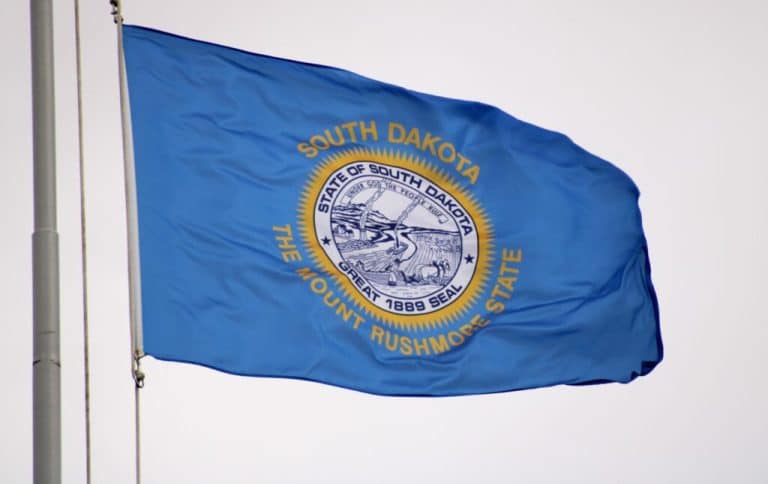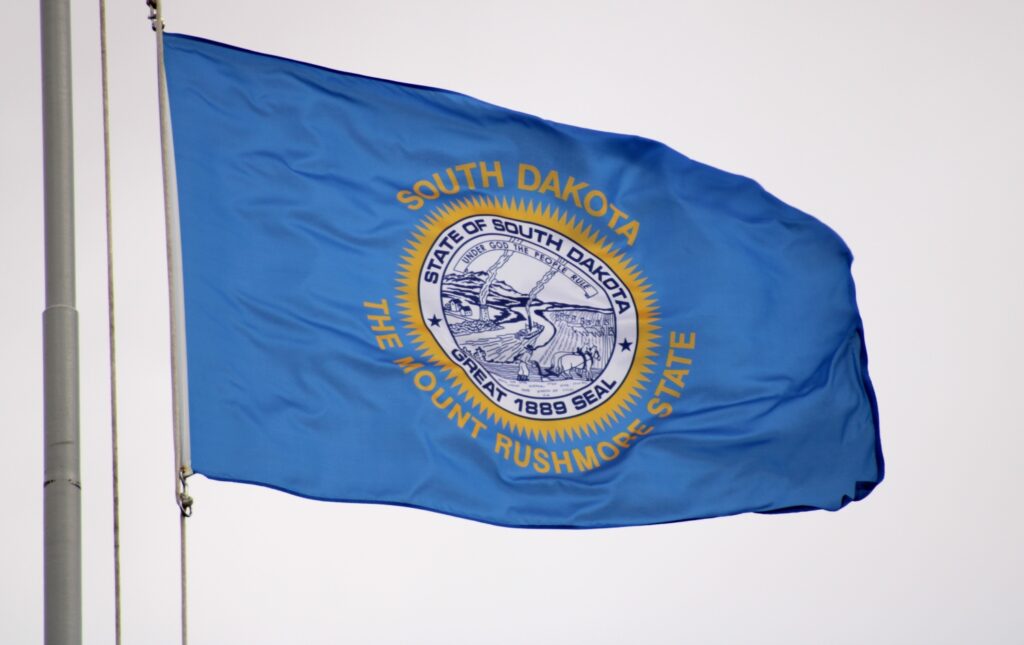LOWER BRULE – A county commissioner in South Dakota will resign and be replaced by a Native American tribal member as the result of a voting rights lawsuit.
The Lower Brule Sioux Tribe filed the lawsuit against Lyman County in May. Much of the tribe’s reservation is within the county, on the western bank of the Missouri River in central South Dakota.
“The tribe is elated,” said one of the tribe’s attorneys, Samantha Kelty, of the Native American Rights Fund. “It is an incredible outcome.”
After several twists and turns in the litigation, the two sides went into mediation with a judge. That resulted in a consent decree filed on Tuesday.
Both sides agreed that Lyman County Commissioner Brian Kraus will resign, and the remaining four members of the five-member county commission will appoint a Lower Brule tribal member as his replacement. The tribe is invited to submit a list of nominees for the position.
Kraus said it was his idea to resign in hopes of resolving the lawsuit.
“I felt like I should take one for the team and make this deal right and get it all done,” he said.

No Native American has previously been elected to serve on the commission, according to court documents.
The lawsuit stemmed from a long-running dispute about the Lyman County Commission’s makeup. The county previously used an at-large system, in which all five commissioners represented the entire county. That system prevented Native Americans – who make up 47 percent of the county’s population – from gaining representation on the commission, the tribe alleged.
Commissioners drew new district boundaries in February, under pressure from Native Americans citing requirements of the federal Voting Rights Act. But instead of using five single-member districts as urged by the tribe, the county commissioners adopted their own multi-member, two-district plan. That plan required changes to state law, which legislators adopted at the county commissioners’ request last winter.
The county also delayed implementation of the new districts, such that one of the new representatives wouldn’t be elected until 2024 and the other until 2026, while leaving the at-large system in place for last month’s general election.
When the tribe filed its lawsuit in May, it alleged ill intent on the part of the county.
“Lyman County’s blatant and irregular actions during the 2021 redistricting process demonstrate its intent to deny Native voters the ability to equally participate in the electoral process,” the tribe said in its initial court filing.
But the consent decree filed on Tuesday does not include an admission of wrongdoing. And it says the county’s new commissioner districts do not deny or abridge voting rights based on race or color.
One of the new districts encompasses most of the reservation and has a majority Native American voting-age population. That district will elect two commissioners in future elections. The other district has a majority white voting-age population, and will elect three commissioners.
The chairman of the Lyman County Commission, Zane Reis, said he is satisfied with the outcome.
“The county is happy with everything, how it turned out,” Reis said. “At least now it’s all done and over, and I think the tribe was very pleased that it got a seat right now.”
The consent decree also requires the county to pay the tribe $150,000 for attorney fees and expenses













